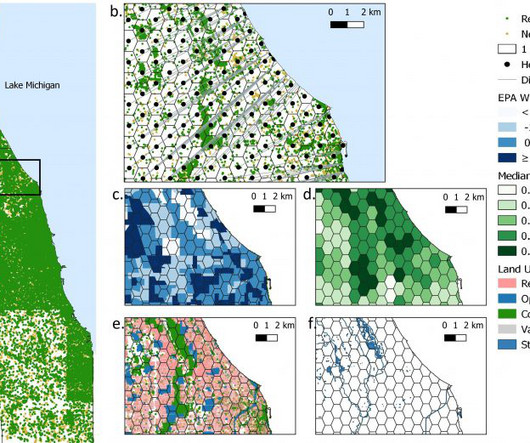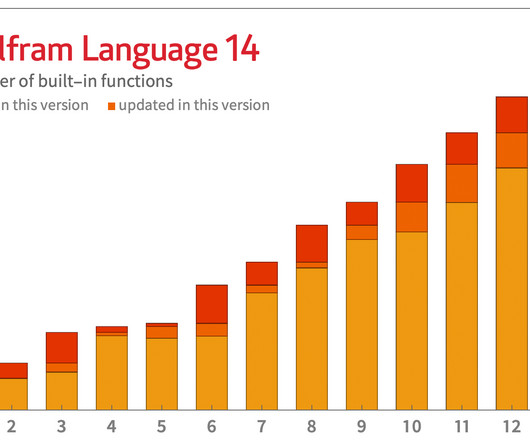What Fields Are Included in STEM: A Comprehensive Overview
STEM Education Shopping
AUGUST 26, 2023
In this article, we will delve into the fascinating worlds of Physics and Astronomy, Biology and Life Sciences, Engineering and Technology, Mathematics and Statistics, Chemistry and Materials Science, as well as Computer Science and Information Technology. Did you know that over 6.2












Let's personalize your content